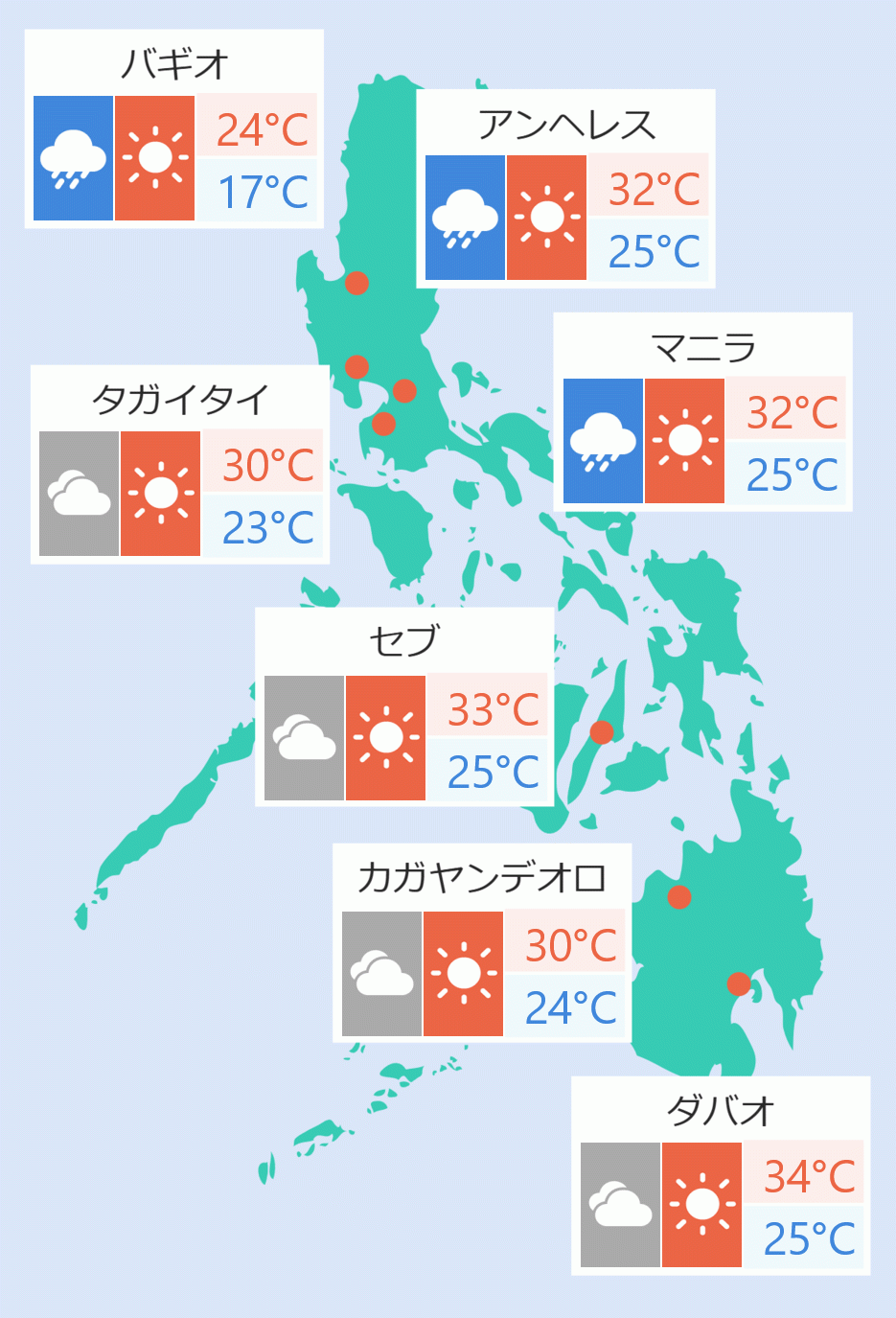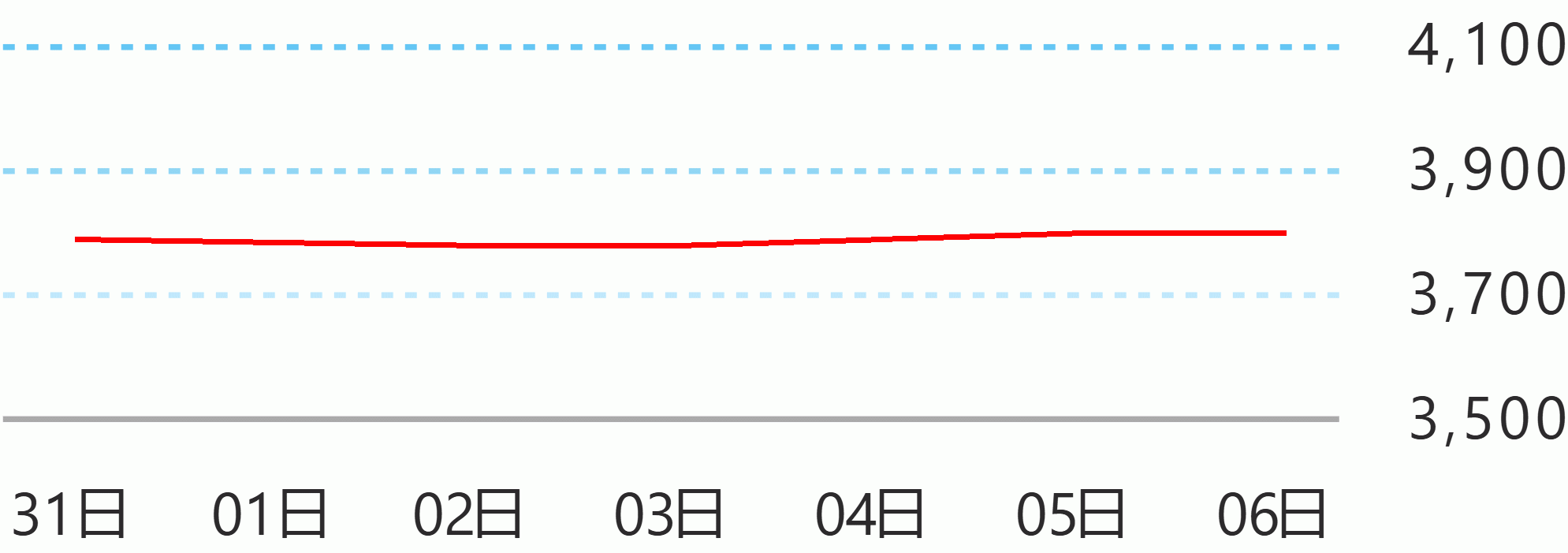As instructed by Finance Secretary and Fiscal Incentives Review Board (FIRB) Chairperson Carlos. Dominguez III, the FIRB Secretariat will look into streamlining and rationalizing the huge fees collected by investment promotion agencies (IPAs) from registered Philippine offshore gaming operators (POGOs).
Based on the submissions of the IPAs to the FIRB Secretariat, it was noted that 32 POGO licensees and their service providers have registered with the Cagayan Economic Zone Authority (CEZA), three service providers under the Authority of the Freeport Area of Bataan (AFAB), five under the Clark Development Corporation (CDC), and one registered service provider under the Subic Bay Metropolitan Authority (SBMA).
Likewise, for CEZA, registered POGOs are required to pay $200,000 for the application and processing fee and $500,000 to avail of a master license, which is applicable for interactive gaming and land-based casinos.
In terms of the application, processing, and renewal fees for e-casino and sports betting, the IPAs charge varying fees ranging from $10,000 to $25,000.
Meanwhile, for the POGO service providers including those offering business process outsourcing (BPO) and information technology (IT) support services, the application, processing, and renewal fees normally range from $1000 to $50,000.
“Clearly, there is no uniformity in the fees charged by the IPAs to their registered POGO companies when in fact, they all fall under the same type of project,” said Assistant Finance Secretary and FIRB Secretariat Head Juvy Danofrata.
She added, “The FIRB Secretariat has been instructed by Secretary and Board chairman Dominguez to look into the inconsistent charges set by the IPAs, which most likely does not only apply to the POGOs registered under them, with the end view of streamlining the collection and use of such fees charged investors or locators.”
Danofrata noted that under Section 297 (a) of the National Internal Revenue Code (NIRC) of 1997, as amended by the Corporate Recovery and Tax Incentives for Enterprises (CREATE) Act, the FIRB has been given the mandate to exercise policy-making and oversight functions on the administration and grant of tax incentives.
Since the imposition of fees by the IPAs is an integral part of the incentivization process, the FIRB may prescribe the appropriate policy on how the IPAs will charge their respective fees.
Based on this CREATE mandate, the FIRB can review and rationalize the fees being imposed by IPAs on their registered locator-enterprises. DOF





 English
English









